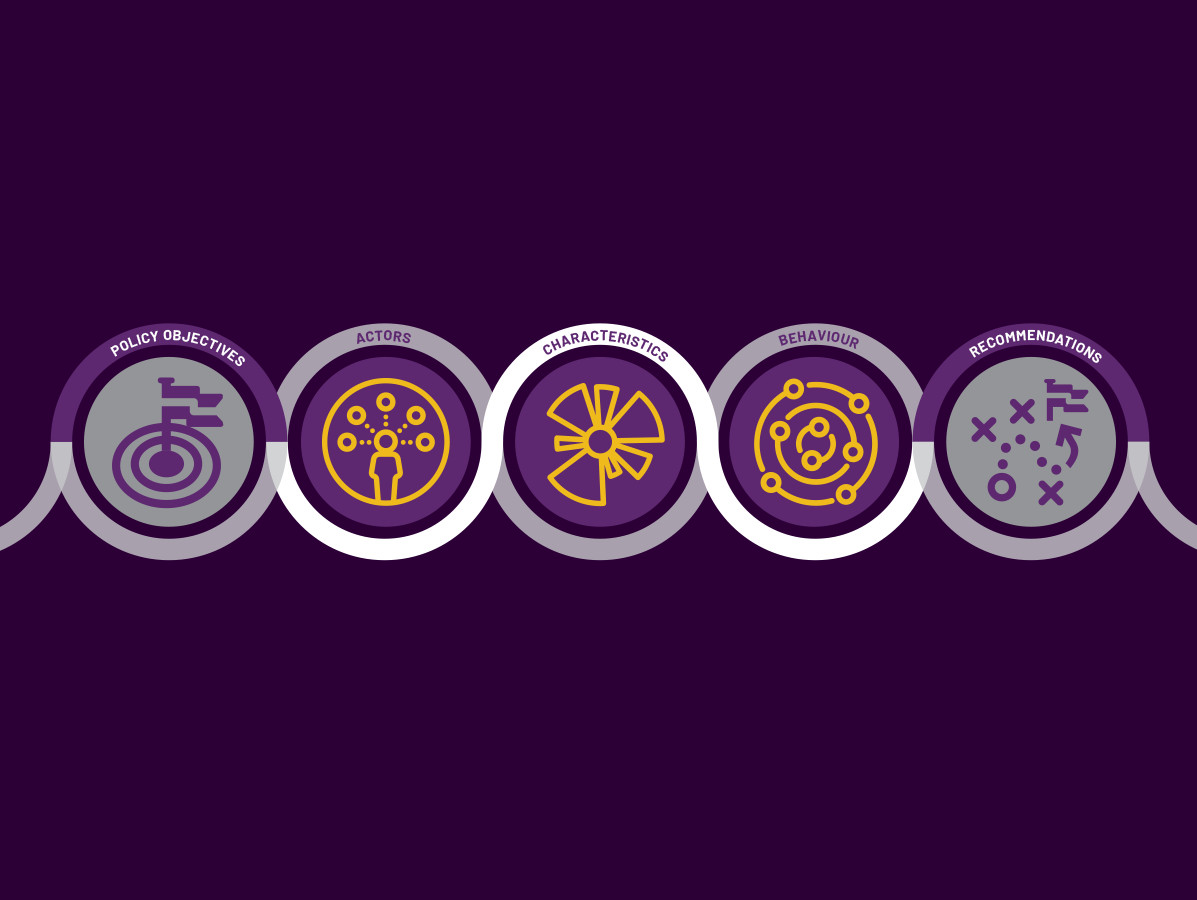
Wageningen University & Research and KIT Royal Tropical Institute have developed a toolbox for food systems decision-making. This box provides practical tools for policy makers, NGOs and researchers, in the form of an effective and inclusive method of analysis for food systems in low- and middle-income countries.
Herman Brouwer, senior advisor at Wageningen Centre for Development Innovation: “Organisations wonder: where to start? How do we make it practical? What added value does it have to our daily business? The Food Systems Decision Support Toolbox helps to define what type of food systems analysis one can design and implement, given a specific context or budget. What’s so interesting about the food systems approach is that it entails tackling multiple problems: it doesn’t just look at food security, but also at sustainability issues, fair pricing, healthy diets. A food systems approach takes all these dimensions into account when designing solutions. It helps to identify synergies in a food system, and design policy options for dealing with unwanted trade-offs.
Helena Posthumus, senior advisor at KIT: “We wanted to make this toolbox appealing to policymakers and food systems practitioners, but also useful to those within the scientific community. It encourages people to look at food systems from different angles, using a practical approach that makes it easier to translate knowledge into action and inform decision making.”
The toolbox was financed by the Netherlands Food Partnership (NFP). “We supported the development of the toolbox as part of our activities to explore how the concept of ‘food systems’ provides added value to practitioners in development organisations and the business sector,” said Myrtille Danse, Director of NFP. “Currently, the food systems approach is mainly applied as a conceptual framework for research and policy. We see great potential in a more practical approach. Agro-food professionals from the Community of Practice on food systems – which NFP hosts – contributed their insights to the tool development, particularly on how the tool supports moving from analysis to action after identifying leverage points for systems change. They said that the toolbox has great potential for finding practical ways of working towards food systems transformation.”
This year, WUR, KIT and NFP will be involved in many events dedicated to food systems transformation, including the United Nations Food Systems Summit in September and World Food Day on 16 October. “Throughout the year, we will enable many more practitioners to familiarise themselves with the toolbox,” Danse noted.
Governments and NGOs can use the open access toolbox to develop more precise food systems interventions from both policy and programming perspectives. The toolbox can also help researchers to develop more action-oriented food systems analysis, enabling them to transcend mere academic reflection and move to actionable insights.
Source: Wageningen University & Research